China restricts North Korean trade
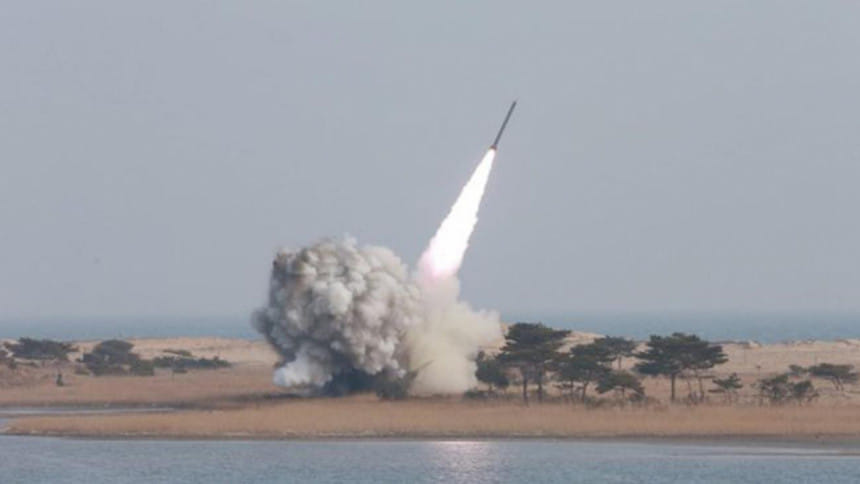
China has said is restricting trade with North Korea, announcing bans on gold and some coal imports and jet fuel exports, in line with UN sanctions.
The commerce ministry is also banning the importation of so-called "rare earth metals" used in high-tech goods.
The UN Security Council voted in March to increase the sanctions.
The unanimous decision came after North Korea carried out a fourth nuclear test in January and launched a long-range rocket the following month.
The BBC's Robin Brant in Shanghai says this is a step closer to fully implementing the UN sanctions which China backed. Some doubt Beijing has been fully adhering to them.
The Chinese ban on exports is linked to any fuel or oil products that could be associated with North Korea's nuclear programme.
Our correspondent says these restrictions are likely to hurt as China accounts for the vast majority of trade with North Korea and mining is a key source of currency for the North.
According to AFP news agency, quoting Chinese customs figures, the coal trade between the neighbours was worth $1bn (£704m) last year.
But China's commerce ministry said the trade in coal would still be permitted as long as the revenue was intended for "people's well-being", Reuters news agency reports.
Critics have described this as a de facto loophole as it gives China wiggle room to maintain trade, our correspondent says.
North Korea is China's third biggest supplier of coal, delivering 20m tonnes last year, Reuter reports.
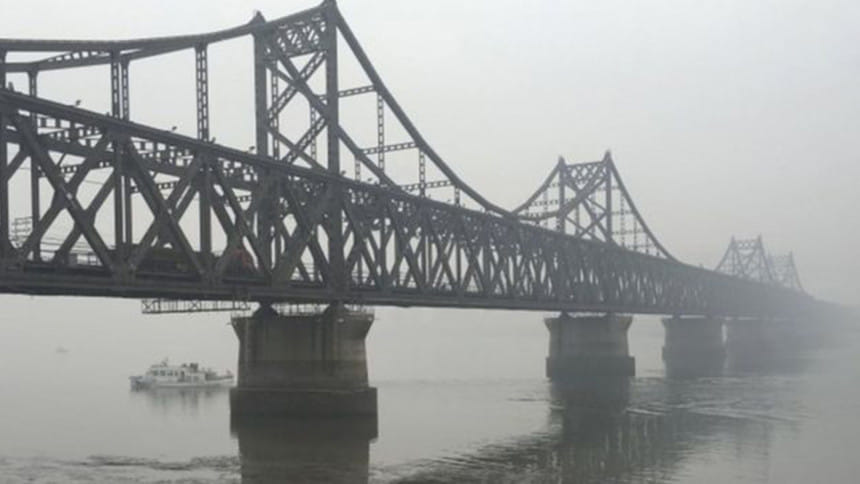
'Unique influence'
Previous UN sanctions imposed after North Korean tests in 2006, 2009 and 2013 did little to dispel its nuclear ambitions.
The nuclear test on 6 January and a satellite launch on 7 February were violations of existing UN sanctions.
Last week, the US and Chinese leaders met on the sidelines of a nuclear summit in Washington about the situation in North Korea.
President Barack Obama said that he and his Chinese counterpart Xi Jinping had agreed to work together to try to prevent further missile tests by North Korea.
Much of the burden of making sure the sanctions are implemented falls on China.
Under the new measures, any North Korean ships arriving in China must be inspected for contraband and imports halted if there is proof profits from those exchanges go towards the North's nuclear programme.
Washington has long pushed for Beijing to put more pressure on North Korea, saying in February that China's "unique influence over the North Korean regime" gave it the chance to do so.

 For all latest news, follow The Daily Star's Google News channel.
For all latest news, follow The Daily Star's Google News channel. 


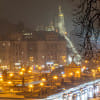
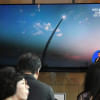

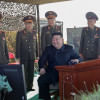


Comments